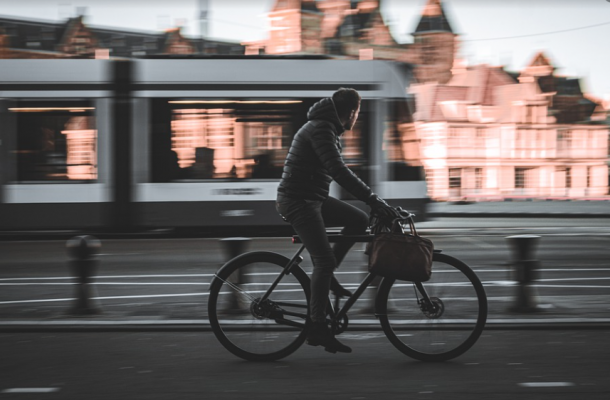Someone else’s problem, cobber

A new global survey conducted by Ipsos shows people around the world are not very likely to make environmentally friendly changes that would have the most impact on cutting carbon emissions. Australia lags in the bottom half of the countries surveyed for most actions, including those that are most likely to have the greatest positive impacts on the climate.
Globally, less than half say they are likely to make changes such as eating fewer dairy products (41% vs 29% in Australia), eating less meat (44% vs 35% in Australia), changing their household heating system to a low carbon system (44% vs 32% in Australia), despite these being some of the most effective ways in cutting carbon emissions.
The global country average shows that people are most likely to try to cut their emissions by avoiding products which have a lot of packaging (58%). Those in China (76%), South Korea (72%) and Malaysia (68%) are most likely to make this change compared to 55% in Australia ). Avoiding buying new goods (54%), saving water at home (52%) and saving energy at home (52%) are also slightly more popular options.
Half (49%) say they are likely to walk/cycle/use public transport rather than driving a car or motorbike. According to this study* by Diana Ivanova et al published by Environmental Research, living car-free is the number one way to reduce carbon emissions, followed by switching to BEVs (battery electric vehicles) and taking one less flight. 46% said they are likely to not fly in the next year, or to replace some flights with train or bus journeys.
Around the world, few can correctly identify actions which would have the most impact on reducing greenhouse gas emissions. Of the list given, people are most likely to say recycling is the best way to reduce emissions (49%). In reality, according to the study mentioned above this is considered the 60th most impactful action.
Among the top five actions chosen by the public, only two are in the actual top 10 most impactful actions to take – Switching to purchasing renewable electricity (30%) – actual rank is no.4, using less packaging (28%) – actual rank is no.38, buying fewer items or more durable items (22%) – actual rank is no. 46 and shifting to public transport (22%) – actual rank is no. 5.
The most impactful action, ‘living car-free’ which ranks at number one was only selected by 15% of people.
Despite being the most impactful action people can take to reduce their own emissions, and shifting to public transport being another important action, people around the world are split on walking, cycling or using public transport more instead of driving. Those in China (72%), India (65%) and Peru (65%) are most likely to walk, cycle or use public transport more, rather than use a car, while those in the US (33%), Canada (34%) and Sweden (34%) are least likely to make this change to cut carbon emissions.
Stuart Clark, Director at Ipsos, said “Despite a high public demand for government and businesses to take climate action, there is a lot of inertia to overcome in getting people to make changes in their own behaviours. It is very clear that many Australians are unable or unwilling to make changes to their lifestyles, and that we lag behind many other countries in this respect.
“Encouraging and enabling the public to take up highly impactful initiatives like eating less meat and dairy, using public transport and going carless or buying an electric vehicle requires a combination of education, cultural change and improved services and infrastructure.”
Ipsos in the UK interviewed a representative sample of 23,577 British adults aged 16-74 in 30 different countries globally and 16-99 in Norway. Interviews were conducted using the Ipsos online panel system between 18 February – 4 March 2022. Data are weighted to match the profile of the population of this audience. All polls are subject to a wide range of potential sources of error.
The countries surveyed include rgentina, Australia, Belgium, Brazil, Canada, mainland China, Chile, Colombia, France, Great Britain, Germany, Hungary, India, Ireland, Italy, Japan, Malaysia, Mexico, the Netherlands, Norway, Peru, Poland, Russia, Saudi Arabia, South Africa, South Korea, Spain, Sweden, Switzerland, Turkey and the United States of America.
The full report, “Quantifying the potential for climate change mitigation of consumption options”, is available here.
Open Forum is a policy discussion website produced by Global Access Partners – Australia’s Institute for Active Policy. We welcome contributions and invite you to submit a blog to the editor and follow us on Twitter, Facebook, Linkedin and Mastadon.












